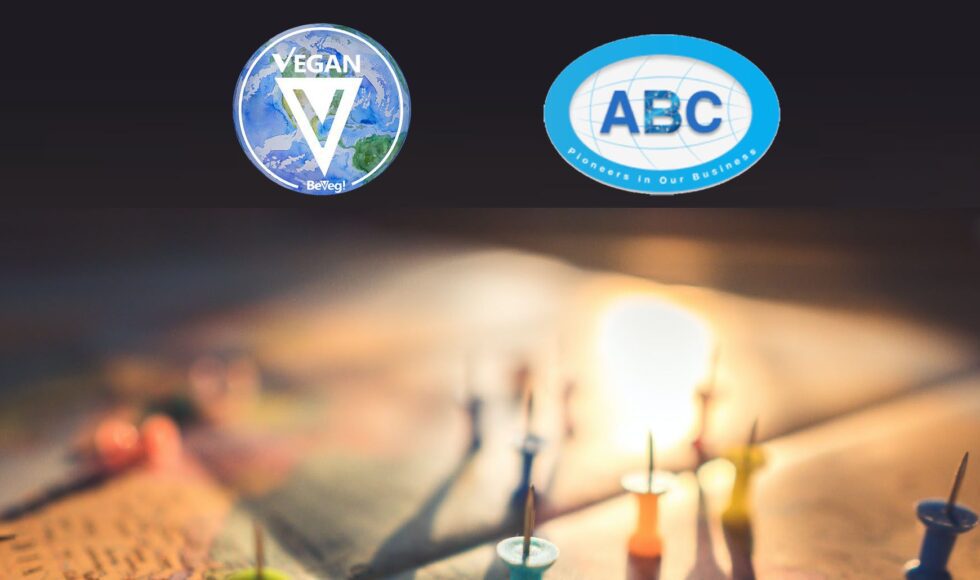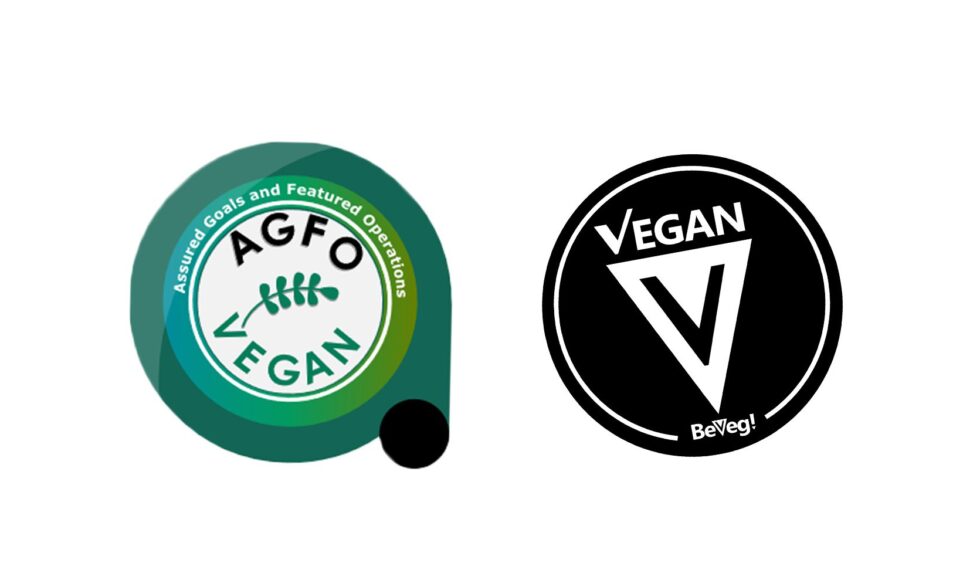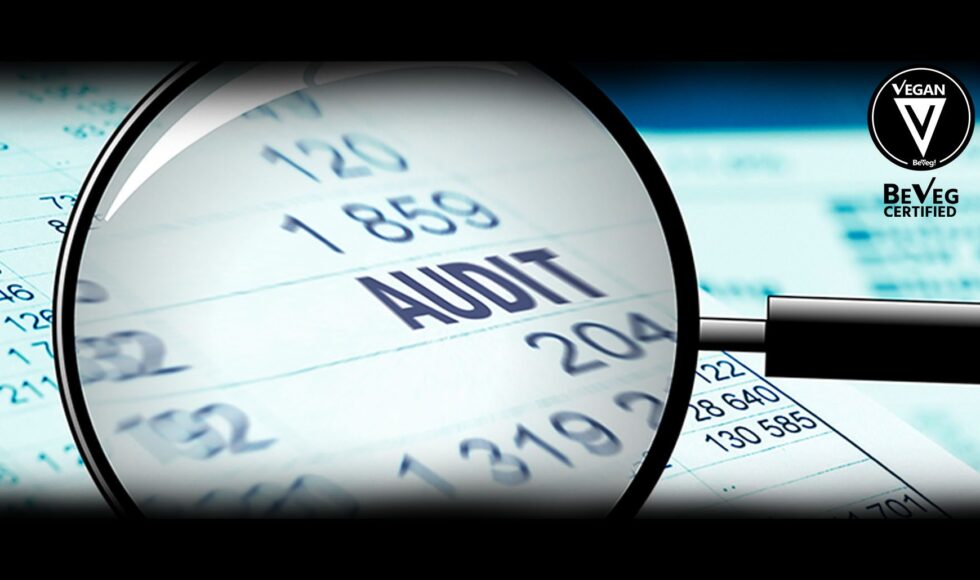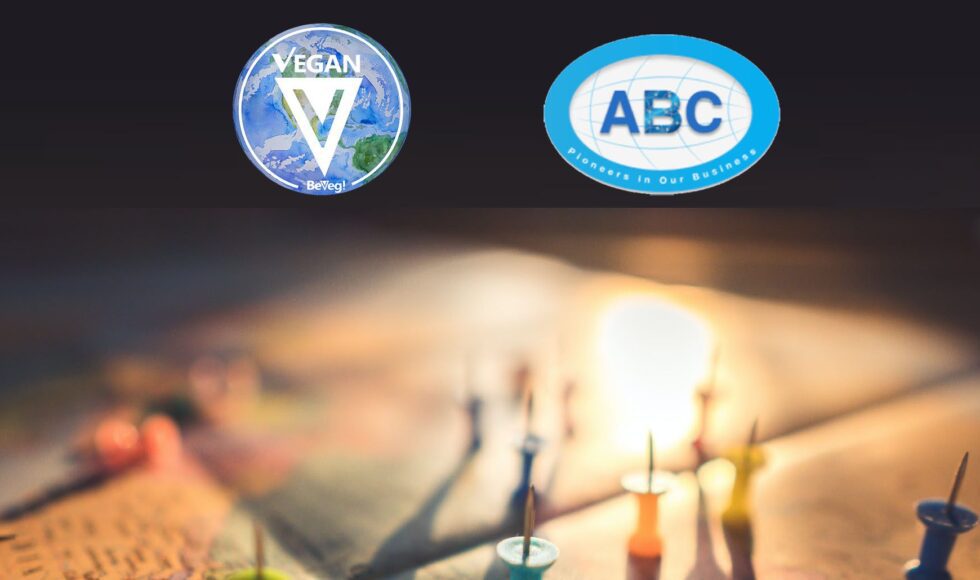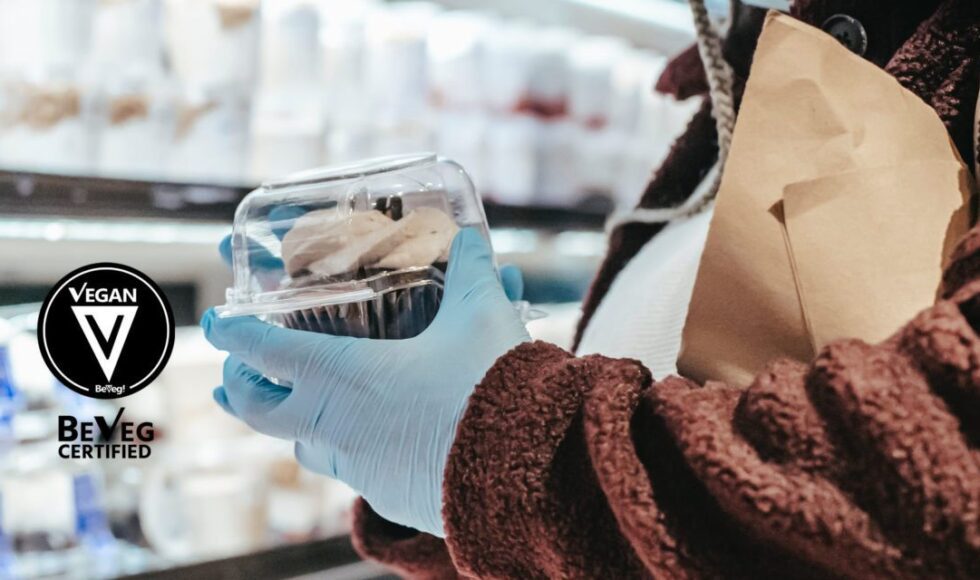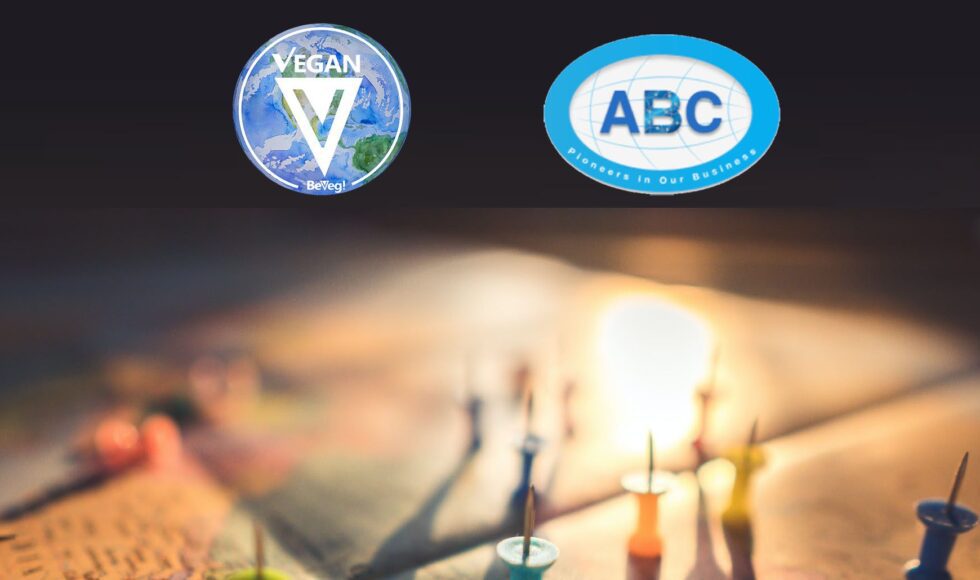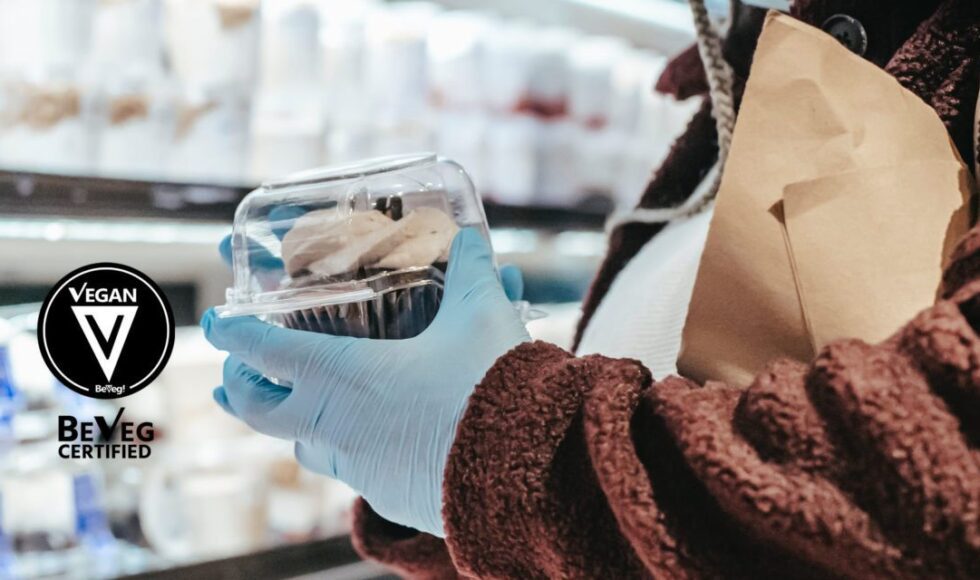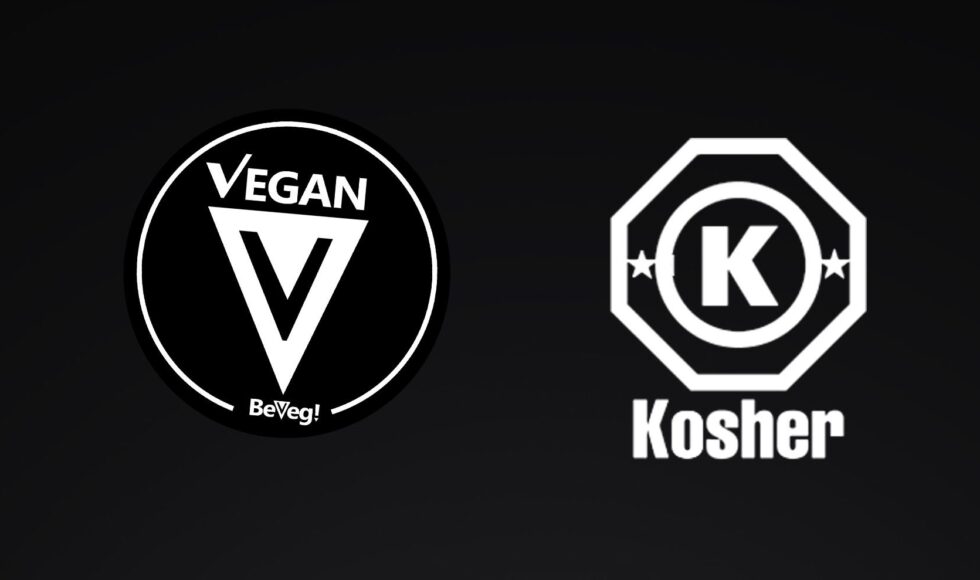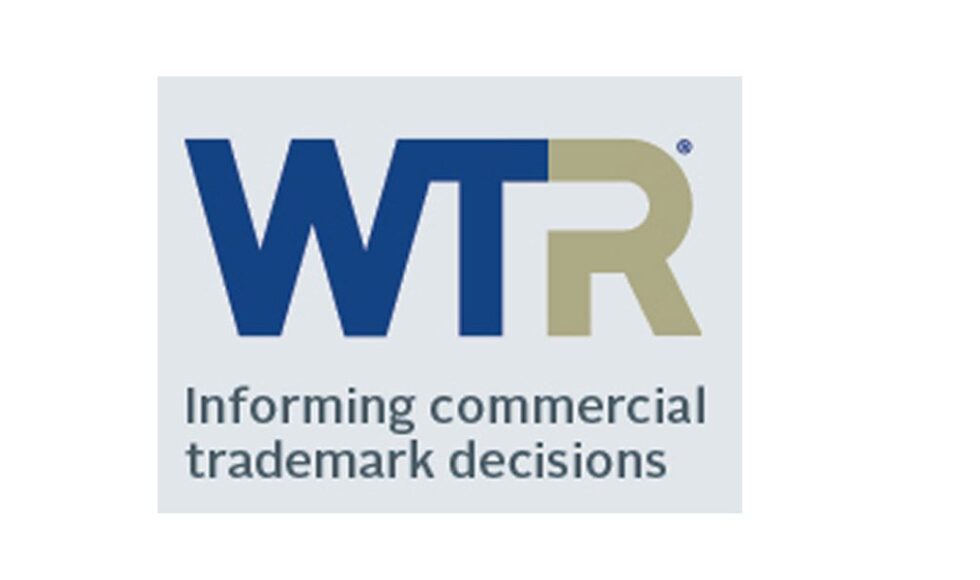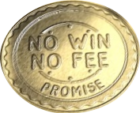ABC certification body and auditors are trained, competent, and qualified to do HACCP, ISO 22000, FSSC 22000 and BEVEG vegan certification audits.
Before BeVeg, vegan claims were made loosely and with zero accountability, as no defined controls were in place to ensure vegan quality assurance at the factory level.”
— Mohamed Moustafa, Director at ABC Certification
SALAH SALM, EGYPT, February 18, 2021 — ABC Certification is an authorized representative of the BeVeg International accredited vegan certification program (“BeVeg”) in Egypt, Africa, and Gulf countries. ABC auditors are trained and competent to do vegan certification audits under the BeVeg license. The ABC audit team is composed of qualified HACCP, ISO 22000, FSSC 22000, and BEVEG auditors. BeVeg is an ISO/IEC 17065 accredited certification standard built in accordance with ISO/IEC 17067 as a conformity assessment program.
BEVEG – GLOBAL STANDARD FOR VEGAN CLAIM INTEGRITY & ASSURANCE
BeVeg is the world’s leading vegan certification company. As the first — and only — accredited vegan certification standard in the world, the BeVeg vegan standard is the benchmark for vegan quality control and assurance, giving you the confidence you need to access new capital markets and establish new business that meets vegan consumer expectations.
BeVeg is globally recognized for its accredited vegan standard. The National Accreditation Center (NAC) accredited BeVeg as an ISO conformity assessment program. ISO is the International Organization for Standardization that publishes international standards. BeVeg demands research, inspection, verification, animal DNA lab analysis, and global supply chain accountability that meets the set out published vegan standard.
Protecting the consumer is the primary goal of BeVeg. “Before BeVeg, vegan claims were made loosely and with zero accountability, as no defined controls were in place to ensure vegan quality assurance at the factory level. This is a problem for animal-allergen sufferers who may rely on an unreliable vegan claim,” says Mohamed Moustafa, Director at ABC Certification.
The BeVeg vegan certification global trademark stands for independent verification of quality and integrity. Products and services that carry the BeVeg vegan trademark represent unmatched reliability for meeting the strictest of vegan standards. The BeVeg vegan standard was drafted with consideration of GFSI benchmarks to ensure global food safety and quality measures are assured in BeVeg certified vegan claims, as many product recalls and known allergens are of animal origin (salmonella, E. Coli, listeria, etc.). In fact, the leading cause of product recalls is the presence of undeclared allergens, and common known allergens (lactose, shellfish, fish, eggs, milk, dairy) are of animal origin. “Vegan means without animal residue. A certified vegan claim by BeVeg is a claim trusted by consumers, as it is risk assessed at the root level to prevent and reduce the risk of animal contamination, which also protects the manufacturing facilities and brand owners from expensive product recalls,” says Moustafa.
The BeVeg vegan standard brings unprecedented awareness, cleanliness, and safety to the market through factory controls, training, and skilled audits. For more information on how to get your products certified vegan by BeVeg in Egypt, Africa, and the UAE, visit www.ABCcerti.com to discuss with a qualified auditor.
BeVeg is headquartered in North America. ABC Certification is headquartered in Egypt.
ABC لمنح الشهادات الدولية ، بكل سرور ، هي ممثل معتمد لشركة BeVeg International (BEVEG) في مصر وإفريقيا ودول الخليج.
مراجعي ABC تم تدريبهم ولديهم الكفاءة للقيام بعمليات منح شهادة VEGAN بموجب ترخيص BEVEG. يتكون فريق المراجعة لدينا من مراجعي نظم HACCP و ISO 22000 و FSSC 22000 المؤهلين.
BEVEG هو معيار معتمد من ISO / IEC 17065 تم إنشاؤه وفقًا لمعيار ISO / IEC 17067 كبرنامج لتقييم المطابقة.
BEVEG هي شركة عالمية رائدة في مجال إصدار الشهادات النباتية. باعتباره المعيار الأول والوحيد لشهادة VEGAN المعتمدة في العالم ، فإن معيار BEVEG النباتي هو المعيار الأساسي لمراقبة الجودة وضمانها ، مما يمنحك الثقة التي تحتاجها للوصول إلى أسواق رأس المال الجديدة وإنشاء أعمال تجارية جديدة تلبي احتياجات وتوقعات مستهلكي VEGAN .
يقع المقر الرئيسي لشركة BEVEG في أمريكا الشمالية وهي معتمدة من قبل مركز الاعتماد الوطني (NAC).
Mohamed Moustafa
ABC Certification
+20 2 24015033
email us here
Visit us on social media:
Facebook
Twitter
LinkedIn
ABC certification body and auditors are trained, competent, and qualified to do HACCP, ISO 22000, FSSC 22000 and BEVEG vegan certification audits.
Before BeVeg, vegan claims were made loosely and with zero accountability, as no defined controls were in place to ensure vegan quality assurance at the factory level.”
— Mohamed Moustafa, Director at ABC Certification
SALAH SALM, EGYPT, February 18, 2021 — ABC Certification is an authorized representative of the BeVeg International accredited vegan certification program (“BeVeg”) in Egypt, Africa, and Gulf countries. ABC auditors are trained and competent to do vegan certification audits under the BeVeg license. The ABC audit team is composed of qualified HACCP, ISO 22000, FSSC 22000, and BEVEG auditors. BeVeg is an ISO/IEC 17065 accredited certification standard built in accordance with ISO/IEC 17067 as a conformity assessment program.
BEVEG – GLOBAL STANDARD FOR VEGAN CLAIM INTEGRITY & ASSURANCE
BeVeg is the world’s leading vegan certification company. As the first — and only — accredited vegan certification standard in the world, the BeVeg vegan standard is the benchmark for vegan quality control and assurance, giving you the confidence you need to access new capital markets and establish new business that meets vegan consumer expectations.
BeVeg is globally recognized for its accredited vegan standard. The National Accreditation Center (NAC) accredited BeVeg as an ISO conformity assessment program. ISO is the International Organization for Standardization that publishes international standards. BeVeg demands research, inspection, verification, animal DNA lab analysis, and global supply chain accountability that meets the set out published vegan standard.
Protecting the consumer is the primary goal of BeVeg. “Before BeVeg, vegan claims were made loosely and with zero accountability, as no defined controls were in place to ensure vegan quality assurance at the factory level. This is a problem for animal-allergen sufferers who may rely on an unreliable vegan claim,” says Mohamed Moustafa, Director at ABC Certification.
The BeVeg vegan certification global trademark stands for independent verification of quality and integrity. Products and services that carry the BeVeg vegan trademark represent unmatched reliability for meeting the strictest of vegan standards. The BeVeg vegan standard was drafted with consideration of GFSI benchmarks to ensure global food safety and quality measures are assured in BeVeg certified vegan claims, as many product recalls and known allergens are of animal origin (salmonella, E. Coli, listeria, etc.). In fact, the leading cause of product recalls is the presence of undeclared allergens, and common known allergens (lactose, shellfish, fish, eggs, milk, dairy) are of animal origin. “Vegan means without animal residue. A certified vegan claim by BeVeg is a claim trusted by consumers, as it is risk assessed at the root level to prevent and reduce the risk of animal contamination, which also protects the manufacturing facilities and brand owners from expensive product recalls,” says Moustafa.
The BeVeg vegan standard brings unprecedented awareness, cleanliness, and safety to the market through factory controls, training, and skilled audits. For more information on how to get your products certified vegan by BeVeg in Egypt, Africa, and the UAE, visit www.ABCcerti.com to discuss with a qualified auditor.
BeVeg is headquartered in North America. ABC Certification is headquartered in Egypt.
ABC لمنح الشهادات الدولية ، بكل سرور ، هي ممثل معتمد لشركة BeVeg International (BEVEG) في مصر وإفريقيا ودول الخليج.
مراجعي ABC تم تدريبهم ولديهم الكفاءة للقيام بعمليات منح شهادة VEGAN بموجب ترخيص BEVEG. يتكون فريق المراجعة لدينا من مراجعي نظم HACCP و ISO 22000 و FSSC 22000 المؤهلين.
BEVEG هو معيار معتمد من ISO / IEC 17065 تم إنشاؤه وفقًا لمعيار ISO / IEC 17067 كبرنامج لتقييم المطابقة.
BEVEG هي شركة عالمية رائدة في مجال إصدار الشهادات النباتية. باعتباره المعيار الأول والوحيد لشهادة VEGAN المعتمدة في العالم ، فإن معيار BEVEG النباتي هو المعيار الأساسي لمراقبة الجودة وضمانها ، مما يمنحك الثقة التي تحتاجها للوصول إلى أسواق رأس المال الجديدة وإنشاء أعمال تجارية جديدة تلبي احتياجات وتوقعات مستهلكي VEGAN .
يقع المقر الرئيسي لشركة BEVEG في أمريكا الشمالية وهي معتمدة من قبل مركز الاعتماد الوطني (NAC).
Mohamed Moustafa
ABC Certification
+20 2 24015033
email us here
Visit us on social media:
Facebook
Twitter
LinkedIn



